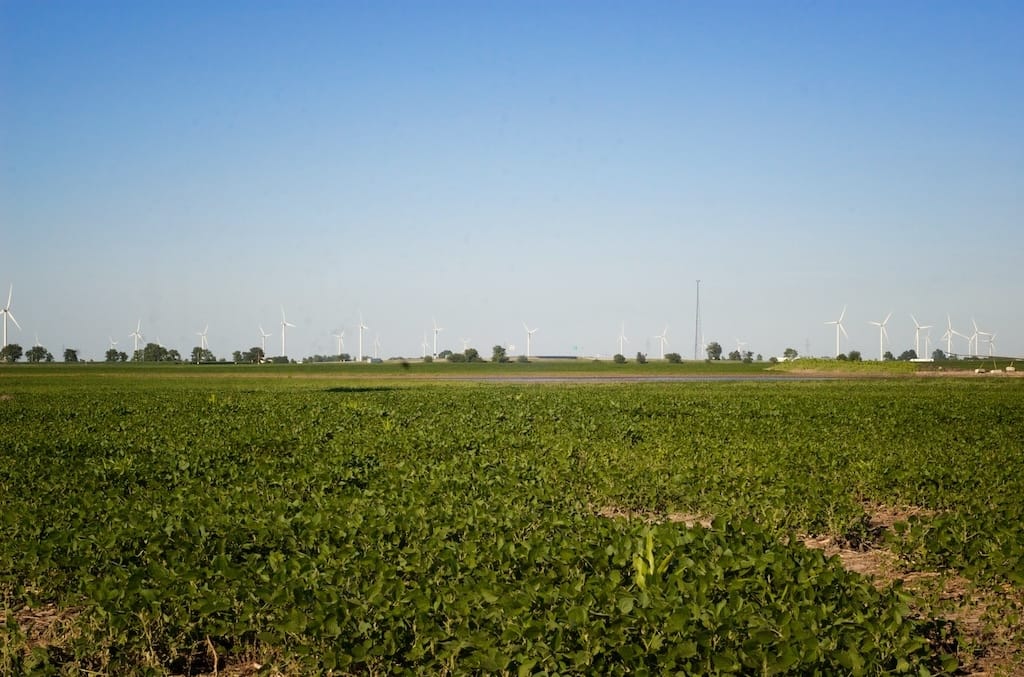Indiana, Tennessee, Washington, and W.V. Receive BEAD Volume 1 Approval
The four states are now free to start ground-truthing government broadband data.
Jake Neenan

WASHINGTON, February 2, 2024 – Four more states received the go-ahead on Volume 1 of their Broadband Equity, Access and Deployment proposals: Indiana, Tennessee, Washington, and West Virginia.
That brings the total to 10 states able to start accepting challenges to government broadband coverage data in advance of awarding grants under the $42.5 billion program.
Several are already in the midst of doing so, and Louisiana has finished its challenge process.
New Mexico, whose Volume 1 has yet to be approved, also announced tentative plans to begin its challenge process on February 26, provided the NTIA clears the state’s plan.
Challenges can allege that current data on things like the internet speed, technology type, latency, and data caps available at a location are inaccurate. They can only be submitted by nonprofits, municipal governments, and internet service providers, meaning eligible challengers must source evidence of these inaccuracies from their communities or, in the case of providers, internal plans and network management systems.
Some state broadband heads have been having difficulty shoring up participation from local governments and nonprofits to submit challenges on behalf of consumers.
Indiana – allocated $868 million
Indiana received approval from the National Telecommunications and Information Administration, the agency managing BEAD, on January 31. The state is set to begin its challenge process on March 4.
Indiana’s broadband office is expecting to wrap up its ground-truthing efforts in late may. The process includes 30 days each for challenges to be submitted, providers to rebut them, and the state to make a final determination.
The state is making some optional modifications to the template challenge procedure set up by the NTIA. In an effort to phase out old infrastructure, it will presumptively mark homes and businesses receiving internet via DSL as eligible for BEAD. At least 30 other states are also planning to do so.
Indiana is also choosing to accept speed tests as evidence, provided they meet certain methodological standards.
Also in the approved Volume 1 are area and multiple dwelling unit, or MDU, challenge rules. Under these provisions, if six locations in a census block group or 10 percent of the units in an apartment building challenge the same provider’s technology or coverage, the provider must provide evidence that they serve the entire block group or building as reported in government data. If the provider does not, the entire area or building can be marked as BEAD-eligible.
Those rules also proved popular, with at least 40 states signaling intent to use them.
Tennessee – allocated $813 million
Tennessee is opting for 25 day windows, rather than the default 30, according to a copy of the state’s approved plan provided by email. With its Volume 1 greenlit, the state is planning to start its challenge window in “early February,” and finish making adjudications around “early April.”
The state is not adopting the DSL modification, but will be taking up area and MDU challenge rules.
Washington – allocated $1.2 billion
Washington State is looking to get its process started on April 8, officials said last week.
The state’s approved Volume 1 confirms as much. The document also confirms the state will be implementing the optional modifications it had outlined in its draft proposal.
Washington will be taking up the DSL modification, as well as the area and MDU challenge rules. It will also accept sufficiently rigorous speed tests as challenge evidence.
West Virginia – allocated $1.2 billion
The NTIA approved West Virginia’s Volume 1 on January 29. Having published a list of eligible locations, the state was free to hit the ground running and open its challenge window the same day.
That window will close on February 28, and be followed by 30 day rebuttal and adjudication windows, putting the state’s challenge process end date in late April.
West Virginia will be implementing the DSL modification and the area and MDU challenge rules. The state will also accept speed tests, but those challenges will not trigger the area or MDU challenges.








